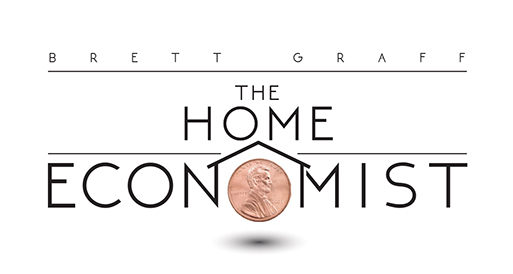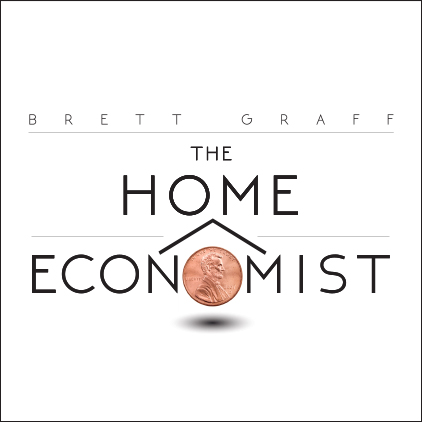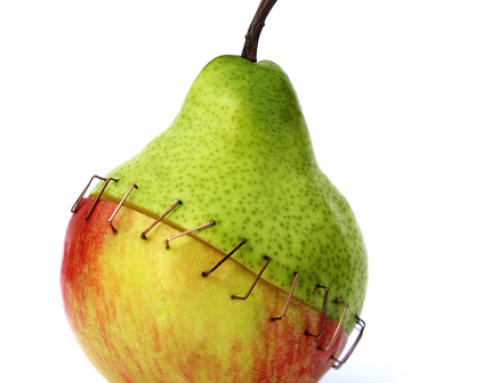If you’ve been operating under the assumption that it’s the kids with rich parents who get a head start in life, think again. It’s the kids who are most confident.
People with high opinions of themselves as teenagers drew bigger salaries in middle age than their less confident counterparts, according to research from University of Florida.
There, scientists looked at data from over 12,000 people between the ages of 14 years old and 22 years old. Each person in this huge group was first interviewed in 1979 and then again every year or two for the 23 years that followed, until they all reached middle age. At that point, the UF researchers evaluated everyone’s mid-life income, parental backgrounds, GPAs, SAT scores and confidence by asking subjects whether they agreed with statements such as, “I feel I have a number of good qualities” and “when I make plans I am almost certain to make them work.”
They found that the people who were once self confident kids being raised by professional parents did grow up to earn more money than kids whose parents were laborers. But if the kids weren’t self confident, it didn’t matter how rich or how educated their parents were; they were likely to earn less than the confident kids from any economic background, rich or poor.
The differences in money earned later are big enough to consider therapy now. If two kids each had a father working as an economist and a mother who was a chemist, the confident one would grow up to earn $96,220 and the one lacking self assurance would earn $50,968. For kids whose father was a roofer and mother a waitress, the confident would earn $58,117 compared to a less confident counterpart, who would earn $51,359.
“In light of popular believes that kids from middle and upper class families have it made,” says Timothy Judge, a UF management professor who led the study. “It’s surprising to see what little positive impact socioeconomic status has in the absence of self-esteem.”








Leave A Comment